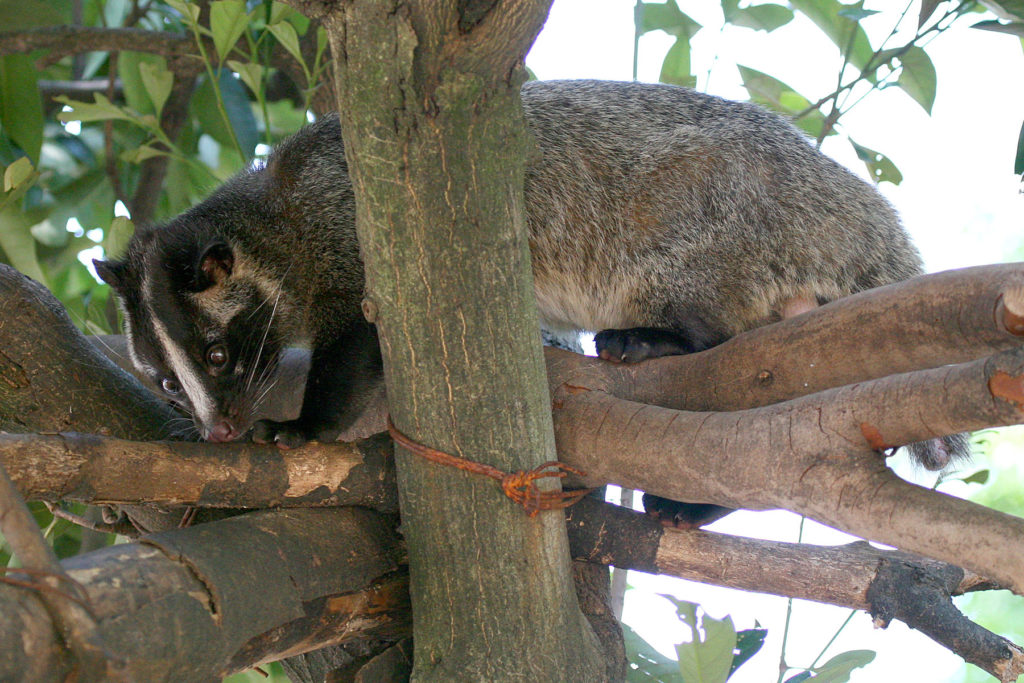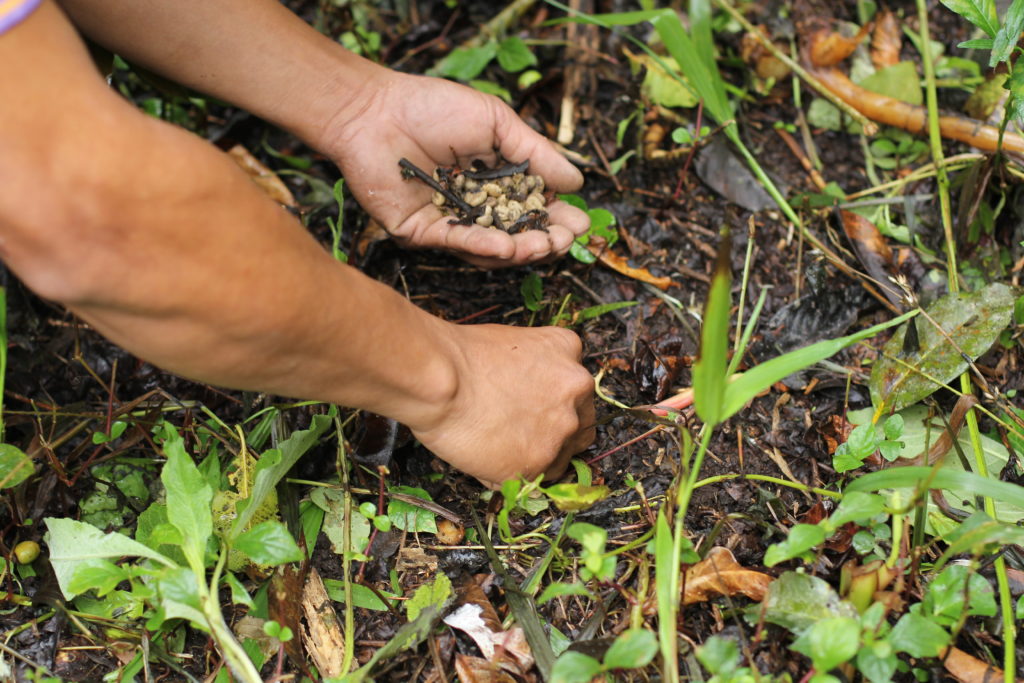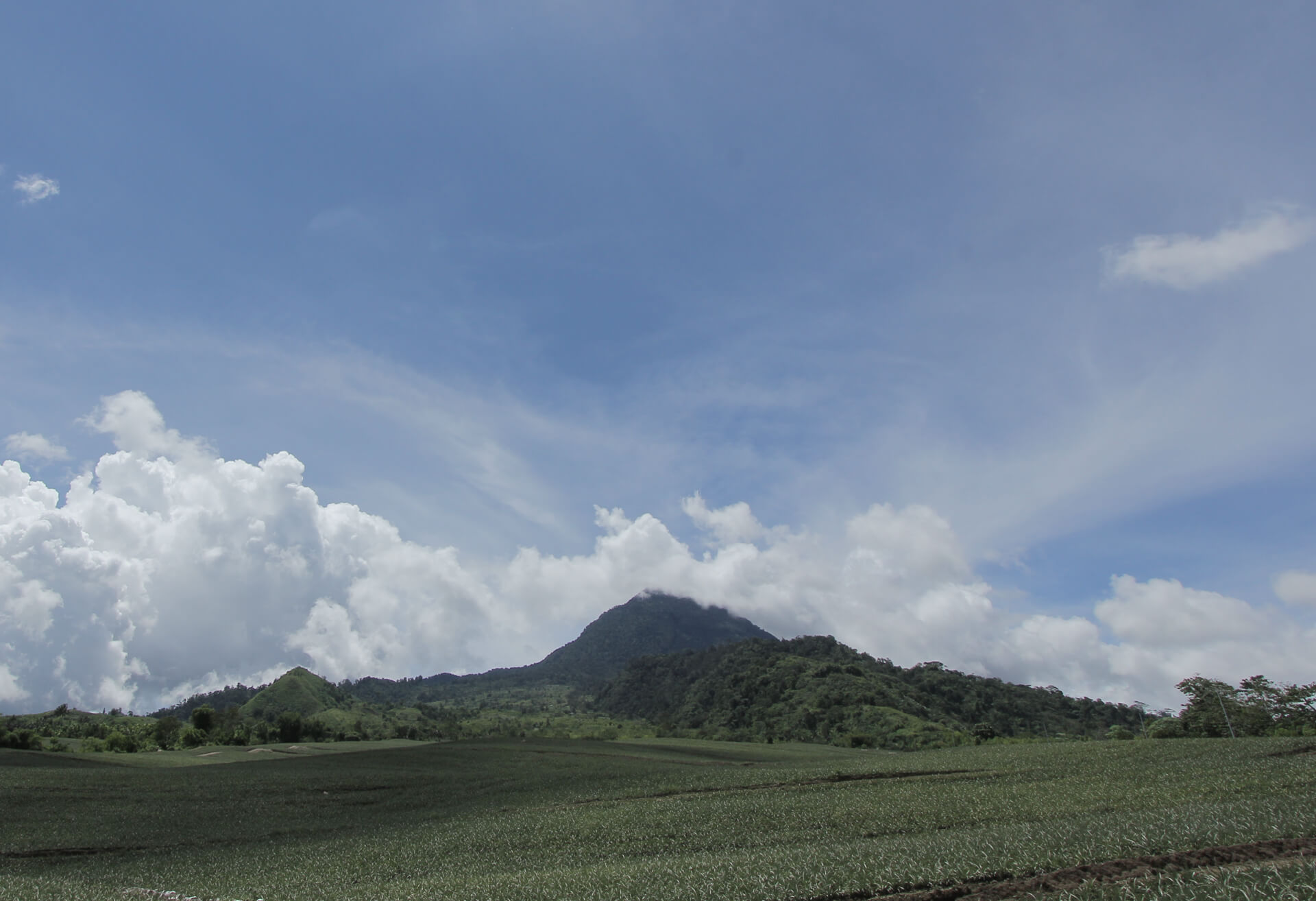What are Cat Beans?
Cat Beans is an expression commonly used when referring to coffee beans that have been processed via the digestive system of the Asian Palm Civet. This animal is also referred to as Palm Civet Cat, hence why sometimes people refer to the coffee beans it processes as being “Cat Beans”. These beans are more usually known as Civet Coffee Beans and Kopi Luwak.
Wild Civet Cats roam around the forests of Southeast Asia and South Asia. Some regions where they are especially common include Sumatra, the southern Philippines, Vietnam, and Bali. They are small animals that look similar to ferrets and have some familiarities with rodents. However, in coffee culture throughout the world, they are well known as “the cat that eats coffee beans”.
Ecology and Behaviour
This type of Indonesian wild cat is spread throughout South- and Southeast Asia, not just Indonesia. Animals are active at night and are rarely spotted during the day.
They usually roam around freely in forests and plantations, spending most of their time in the canopies of on the highest trees in the forest. Civet cats like to eat fruits for their sweet taste. As the fruit flesh of ripe coffee cherries is very sweet and delicious they naturally eat the ripest coffee cherries, with the sweetest taste, as part of their diet. Locals long realized that coffee beans that had been first digested this way had a superior taste to other coffee beans found in the same plantation (which had not been passed through the civet’s dietary system).
Because of this realization, locals planted a greater number of trees with high-quality coffee. This significantly increased the output of this special type of cat coffee bean.

A Civet Cat, which produces Cat Beans, CC Flickr
How are Cat Beans Processed?
To collect Cat beans, local residents walk through the forest in the mornings and collect cat droppings. These will later become the famous “coffee from cat poop”.

Collecting of wild processed Cat Beans
During the coffee fruition season, droppings can be found throughout the forests of the Civet cat distribution region. When it is not coffee harvesting season, the cats may still find ripened coffee cherries every now and then. This means that cat beans are available all year round, though the amount harvested outside of the season is dramatically reduced.
How are Cat Coffee Beans Produced?
Cats eat the coffee beans as part of their natural diet. They are able to sniff and identify the ripest berries with the sweetest smell (and therefore the best coffee berries) using their long, sensitive noses. Ripe coffee cherries have a sweet and tasty fruit flesh, therefore the cats love to eat them. This means that the beans processed by the cats have been ensured quality and uniformity right from the start.
After the cats consume the coffee cherries, they digest and defecate the beans (hence one of the other names for Kopi Luwak being Poop Coffee). Under the influence of digestive enzymes, the protein structures within the coffee beans is altered. This process removes acidity and the resultant cat coffee is very special. Some people may also refer to this as “cat shit coffee”, “coffee from cat poop”, “cat dung coffee” or “cat turd coffee” or simply just “shit coffee”. This is a bit of a demeanour as the coffee produced is known for its quality of taste.
The above names are not the most appetising names that can be used to describe this special drink, and definitely do not do its unique aroma and exclusivity justice.
How do Cat Beans Taste?
This type of coffee is often described as extremely smooth with a complex flavor profile of nuts.
The taste is a good balance of elegant flavors on the tongue and has a delicious aftertaste. The flavor is pleasant and blended with many different scents. Unlike most coffees it is is not bitter tasting at all. This is because the proteins that naturally cause bitterness in coffee beans have been broken down by the proteolytic enzymes involved in the civet cats digestion cycle.
How to Buy Cat Beans?
Have you tasted Cat Bean Coffee before? If not then please click here and make a purchase, your taste buds will thank you for it. If you are interested in trying this delicious type of coffee, sourced from Wild Civet Cats, then please visit our homepage here to place an order.
